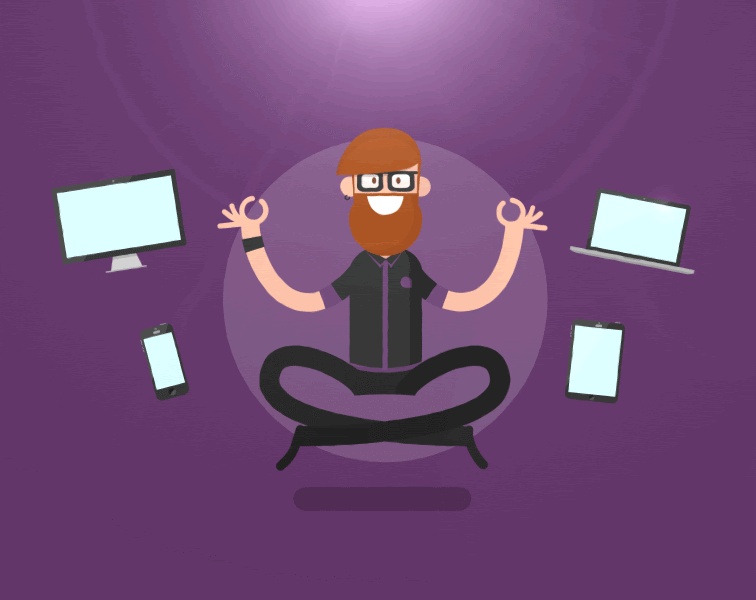DIGITAL CITIZENSHIP
TOP TIPS:

Use technology with intent to help with life not just for entertainment or distraction
Use Social Media as a professional. This could be by having a personal private account and a public professional account or just by being respectful to others when interacting online.
Be critical of news and information and check sources.
Make time to understand opposing views (even if you disagree with them) and use empathy to have productive conversations
Look out for signs of radicalisation and online grooming and report anything harmful
Educate yourself. Keep up to date on changes to laws, policies and news
Speak up! Talk to a professionals to get advice and help
MEDIA LITERACY
SNEAKY SOCIAL MEDIA TRICKS

FILTER BUBBLES
The content you see depends on the pages you ‘like’ and ‘follow’. Filter bubbles occurs when someone is only exposed to news that confirms their beliefs, or solely interacts with like-minded peers. The result? A society where people only see one side, leading to a highly polarized political environment.
Deliberately seek out opposing opinions and ‘like/follow’ pages, people and perspectives that challenge you - you may learn something new. Click here to learn more.

ALGORITHMS
Social media platforms and search engines use advanced algorithms to provide users with information that specifically aligns with their political preferences. They feed users information and content that they will like, based on their interests, location, past searches, click history, and more.
Be conscious. There isn’t a lot that can be done about this, but question every post you see and why you may be seeing it.

ADVERTISING
Social media sells advertising space. Did you know that every 5th post is a sponsored ad on Facebook/ Instagram? These posts can often look like ‘normal content’ e.g. memes, videos but they have been placed there to sell you something. They aren’t always trying to sell you a product either! Sometimes its a political, religious or social agenda.
Be aware of advertising and how it may influence you.

DEEP FAKES
Technology has become scarily good. We often think that videos are undeniable proof, but now everyday people are capable of editing clips with unnoticeable precision. They can mimic voices, place famous faces on different bodies, track movement and more.
Look out for the subtle signs that something may be fake - click here. Sometimes it's as simple as clever editing that takes things out of context to make it seem like a different message is being said.

MEME WAR
Whilst memes are seen as just humour satire, they are now being used as a weapon by extremists. It is a subtle way to radicalise people. It can start with a meme, which leads to following a page, which leads to seeing more extreme ideas, which can lead to getting involved with an agenda etc.
Click here to watch Louis Theroux documentary 'Extreme and Online'.
Click here to see how memes are used against others.
CHECK YOUR FACTS
Take a look at these guides and fact checking tools:
You may be seeing a range of posts; some factual, some memes, some scaremongering, and may be worried or confused about what is happening and the impact this may have on them. Don’t think you’re affected? It happens on all social media platforms. Be conscious of the following when looking at ‘news’ being shared on Social Media:
-
Fake Videos
-
Editing out context
-
Opinion vs facts
-
Paid adverts/messaging
-
Your filter bubbles
-
Fake news
-
Fake translations
-
Using old clips/images to sensationalise a story
-
Deep fake clips/audio
-
The harm of memes
-
Mis/dis-information
















WATCH THIS FAKE NEWS SERIES:
AI, DEEP FAKES AND ALGORITHMS
Want something a bit more advanced? Explore the links below to learn more about data sharing, artificial intelligence and deep fakes. Click here to see news about companies abusing your data.


.png)
.png)
.png)















.png)
.png)
.png)
.png)
.png)


.png)



.png)

.png)

.png)
.png)
.png)

.png)
_jfif.jpg)
.png)

_jfif.jpg)
